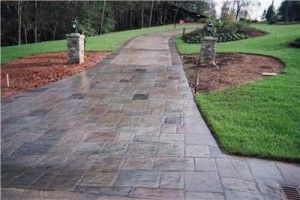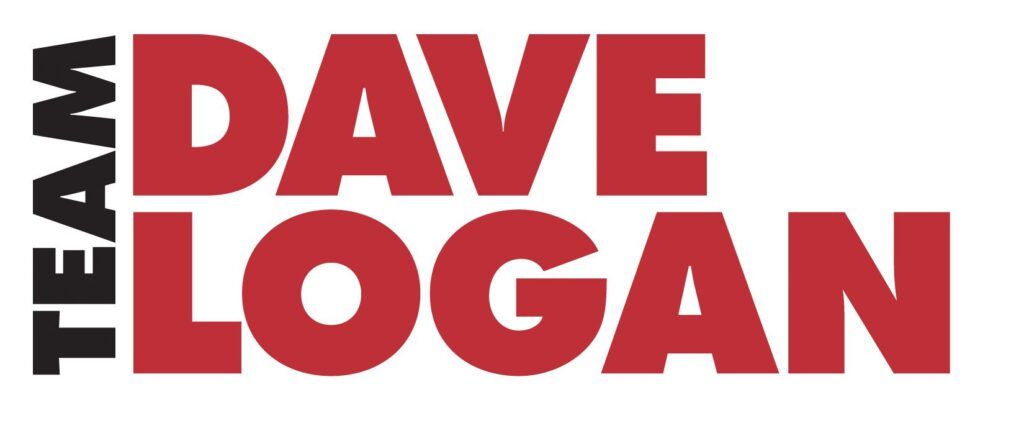Concrete is among the most used building materials in the world. It’s tough and durable, not to mention environmentally friendly. It’s also affordable, making it attractive to builders and customers alike. But, even the best-laid concrete is bound to get a crack or two over time. Despite what you may think, cracking concrete is (almost) unavoidable, and has nothing to do with poor workmanship.

Reasons for the cracks in your concrete
Before you go and complain to your GC of your last concrete project, let’s go over some reasons that your concrete may be cracking that has nothing to do with the way it was handled by your construction crew. With time, all concrete will crack. It’s in the very nature of the concrete, and despite your annoyance, there’s just nothing that can be done.
Assuming you hired a reputable, professional, and licenced crew to handle your concrete, let’s look at some reasons that your concrete may crack that has nothing to do with the workmanship.
Soil upheaval can play a huge part in concrete getting tiny cracks over time, and there’s not a lot you can do about it. Weather can also play a big part in how concrete behaves with the seasons. The Colorado seasons means many freezing and thawing cycles, and this constant expansion and contracting of soil means that the concrete eventually has to give, and small cracks begin to appear.

Too much water in your concrete mix may cause excess cracking
But, cracks due to the movement of the underlying soil happens over a long time. What tends to annoy homeowners is when tiny hairline cracks appear shortly after the concrete has been poured. It’s easy to blame immediate cracking on your builders, but don’t be too quick to pass blame.
Concrete is mixed with water and over time, this water will evaporate causing a certain amount of shrinkage in your concrete as it dries and hardens. This process can cause tiny hairline cracks all the way through your concrete. These cracks are practically unavoidable. However, hiring a reputable reconstruction crew to handle your concrete projects, can minimize the amount of hairline cracks in your concrete. It’s about the right ratio or water to concrete, reducing the amount of shrinkage that occurs as the concrete dries, and leaving your concrete as smooth as possible.
Steel reinforcement (rebar) and contraction joints are also a big part of making sure that your concrete has minimal cracking. No matter the size of the concrete slab being poured, you always need to reinforce the concrete. When you hire a contractor, make sure you talk to them about how they intend to handle the concrete and make sure they know how to avoid excess cracking.





